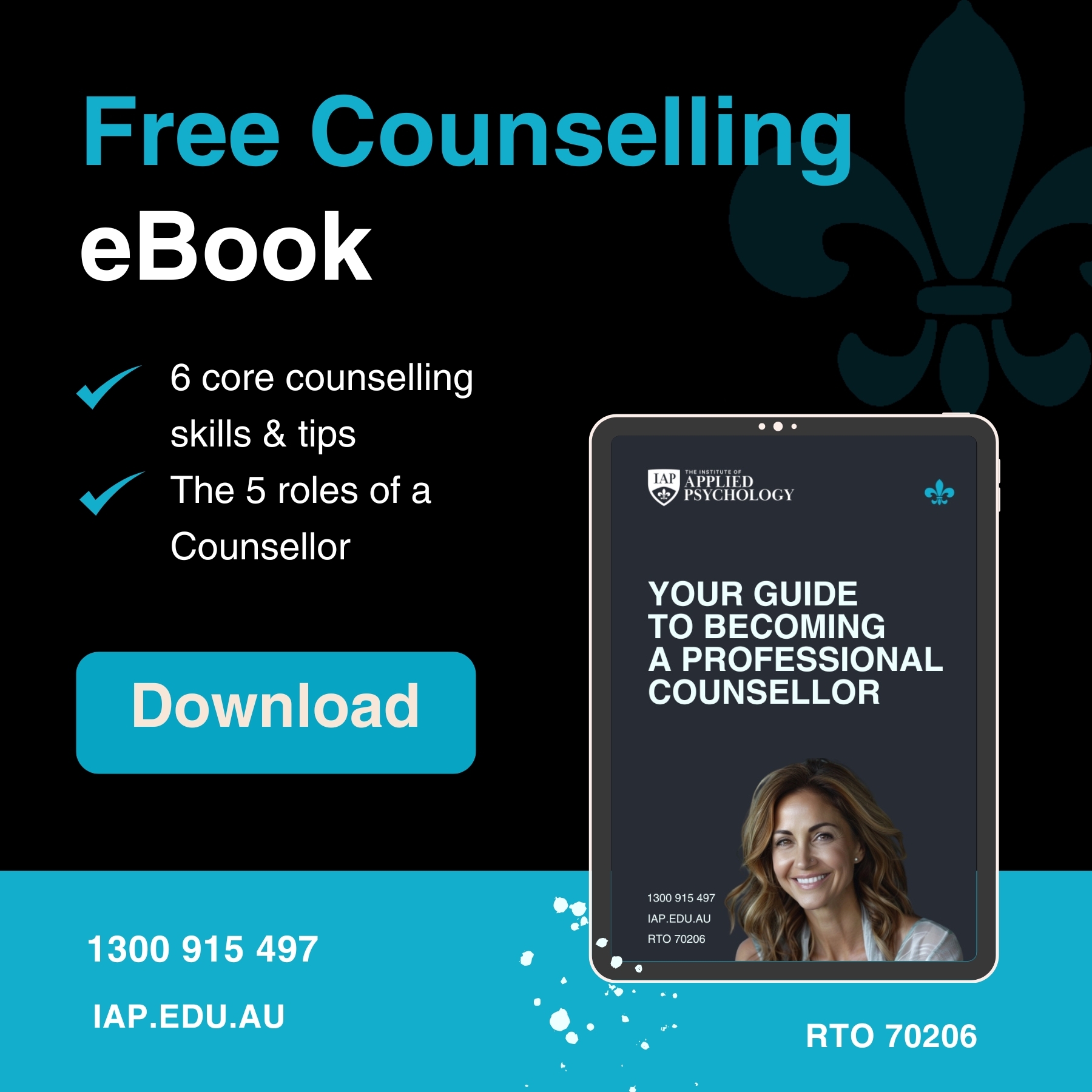Top 10 Self-Care Tips for Counsellors, Clinical Hypnotherapists, Mental Health Workers and Students
💚🎗️October is Mental Health Month — a time to raise awareness, reduce stigma, and remind ourselves that mental health matters for everyone… including the people who dedicate their lives to supporting others’ wellbeing.
If you’re a counsellor, student therapist, mental health worker, coach, clinical hypnotherapist, or allied health practitioner, this month is your reminder: your own wellbeing isn’t a luxury — it’s essential. It’s what allows you to show up with empathy, energy, and excellence.
You spend your days holding space for others — but who’s holding space for you?
Why Self-Care Matters for Therapists and Students
Working in mental health is deeply meaningful work — but it’s also emotionally heavy. You hold stories of trauma, pain, hope, and transformation every day. Over time, that can take a quiet toll.
And the numbers tell the story clearly:
- Around 1 in 4 health and care workers reported symptoms of anxiety, depression, or burnout between 2020–2022 (WHO).
- 70% of mental health professionals say emotional exhaustion is a significant issue.
When practitioners are depleted, clients feel it too. Reduced empathy, emotional fatigue, or lapses in attention can unintentionally impact client care. Looking after yourself isn’t selfish — it’s part of ethical, sustainable practice.
Here are ten evidence-based, human ways to protect your own wellbeing — because the work you do matters, and so do you.
-
Schedule (and fiercely protect) your “non-negotiable” time
Self-care doesn’t happen by accident — you have to book it in.
Block 15–30 minutes in your calendar every day for something just for you: a walk, journaling, quiet tea, or stretching.
💡 How to do it:
- Add it to your calendar and mark it as “busy” — treat it like a client session.
- Try theme days: Mindful Monday, Wellness Wednesday, Self-Care Sunday.
- During Mental Health Month, try a 30-day self-care challenge with peers.
Example: A counsellor might schedule 20 minutes between sessions to reset and breathe, rather than cramming admin into every spare second.
-
Make Supervision or Peer Support Sacred
“Talking about the work helps you stay well in the work.”
Regular supervision isn’t just a tick-box exercise for association membership or accreditation — it’s one of the most powerful self-care practices you’ll ever have.
Supervision or coaching is not just about compliance. It’s about connection, reflection, and protection. It’s your professional safety net — a dedicated space to unpack what the work brings up for you: the fatigue, the emotional residue, the doubts, the boundary challenges, and the occasional “I wish I’d handled that differently” moment.
Good supervision or coaching doesn’t just make you a better counsellor; it helps you stay human while doing deeply human work.
💡 How to do it:
- Keep a consistent supervision rhythm — fortnightly or monthly is ideal.
- Bring your whole self to supervision — not just client case notes.
- Ask your supervisor to check in on your emotional wellbeing, not only your professional standards.
- If you’re a student or early-career counsellor, view supervision as mentorship, not monitoring.
- Rotate peer supervision with trusted colleagues if formal supervision isn’t always accessible.
Example:
A student counsellor begins each session with, “Here’s one emotion that’s been loud for me this week.”
That one simple question turns supervision from a formality into a space for restoration, learning, and balance.
What Good Supervision Looks Like
When it’s done well, supervision is more than reviewing cases — it’s a relational process that keeps you grounded, confident, and connected.
Good supervision feels:
- Safe: You can share honestly without fear of judgment.
- Reflective: Your supervisor helps you think, not just tick boxes.
- Supportive: It focuses on your wellbeing as much as your technical skill.
- Challenging (in a good way): It helps you grow, question assumptions, and build resilience.
- Consistent: A predictable rhythm you can rely on — not something you squeeze in when you’re already overwhelmed.
Pro tip: If you ever leave supervision feeling more anxious or depleted than when you arrived, it might be time to review the fit. The right supervisor leaves you clearer, calmer, and reconnected to why you do this work.
- Keep a consistent supervision rhythm — fortnightly or monthly is ideal.
-
Hold Boundaries — and Honour Them
You teach clients about boundaries. But how often do you break your own?
💡 How to do it:
- Decide your maximum number of client hours per week — and stick to it.
- Set “office closed” hours (no emails or calls after 7 pm, for instance).
- Create an end-of-day ritual: walk, stretch, or music to mentally switch off.
Example: A coach sets Fridays aside for admin and rest — no sessions, no exceptions.
- Decide your maximum number of client hours per week — and stick to it.
-
Move, Rest, Nourish
Self-care isn’t always a spa day. Sometimes it’s simply going to bed on time eating real food, and saying no, unapologetically.
💡 How to do it:
- Prioritise sleep like a meeting with your future self.
- Move daily — even a 10-minute walk can reset your nervous system.
- Eat and hydrate regularly (your brain runs on fuel, not caffeine alone).
Example: A counsellor walks between client sessions — good for grounding and energy.
- Prioritise sleep like a meeting with your future self.
-
Practice Micro-Mindfulness
Mindfulness doesn’t need to be 30 minutes on a cushion. It can be 30 seconds of noticing your breath between clients.
💡 How to do it:
- Try short, app-guided meditations (Headspace, Calm, Insight Timer).
- Ground yourself after tough sessions with breathing or sensory focus.
- Keep it simple — consistency beats perfection.
Example: After a challenging session, a therapist does one minute of box breathing (4-4-4-4). It’s enough.
- Try short, app-guided meditations (Headspace, Calm, Insight Timer).
-
Journal or Creatively Express Yourself
Writing, art, or even music can help process what words can’t.
💡 How to do it:
- Journal for 5–10 minutes: What drained me today? What lifted me up?
- Draw, doodle, paint — expression matters more than skill.
- Review your notes monthly to spot stress patterns early.
Example: A therapist realises through journaling that too many trauma clients in one day leaves them drained — and restructures their schedule.
- Journal for 5–10 minutes: What drained me today? What lifted me up?
-
Stay Connected
Isolation feeds burnout. Connection fuels resilience.
💡 How to do it:
- Have a weekly check-in with a colleague or friend — even a 10-minute call.
- Join professional groups or attend local events.
- Talk about you, not just work.
Example: A small team begins every Monday with a “human check-in” before diving into admin — it transforms morale.
- Have a weekly check-in with a colleague or friend — even a 10-minute call.
-
Keep Learning — But Don’t Overdo It
Growth keeps you inspired, but overtraining leads to fatigue.
💡 How to do it:
- Pick one or two key professional development events or courses a year for your profession.
- Balance clinical learning with creative or personal growth.
- Reflect regularly on your “why.”
Example: A clinical hypnotherapist swaps one technical course for an art workshop — and rediscovers joy.
- Pick one or two key professional development events or courses a year for your profession.
-
Practice Digital Hygiene
You can’t decompress if your brain never logs off.
💡 How to do it:
- Turn off non-essential notifications.
- No screens 30 minutes before bed or first hour after waking.
- Batch your emails and admin.
Example: A counsellor only checks emails at 10 am and 4 pm — and feels calmer within a week.
-
Get Your Own Support
You don’t have to hold it all alone. Therapists need therapists too.
💡 How to do it:
- Find your own counsellor, coach, or supervisor.
- Take mental health days without guilt.
- Know the early signs of burnout: irritability, exhaustion, emotional numbness.
- IAP students gain access to the EAP Counselling service during their studies.
Example: A counsellor books quarterly therapy sessions as part of their ongoing professional care — not as crisis management.
During Mental Health Month, Let’s Also Talk About Our Mental Health
This month, mental health awareness campaigns fill our feeds — but let’s make sure the conversation includes us, the helpers.
- Revisit your self-care plan.
- Talk about burnout openly in supervision.
- Share your wellness practices with peers.
- Model what sustainable mental health looks like.
When you look after yourself, you teach your clients — by example — that wellbeing is a lifelong practice, not a slogan.
Thinking About Becoming a Counsellor or Mental Health Professional?
If you’re inspired to help others and want to turn that passion into a career that truly changes lives, now’s the perfect time to start.
👇 Explore your next step:
- 📘 Download the free “Become a Professional Counsellor” eBook
- 🎓 Download the Course Brochure
- ☎️ Call 1300 915 496 to chat with a Course Advisor
Your future clients need you — but your best work will always start with a healthy, supported you.








